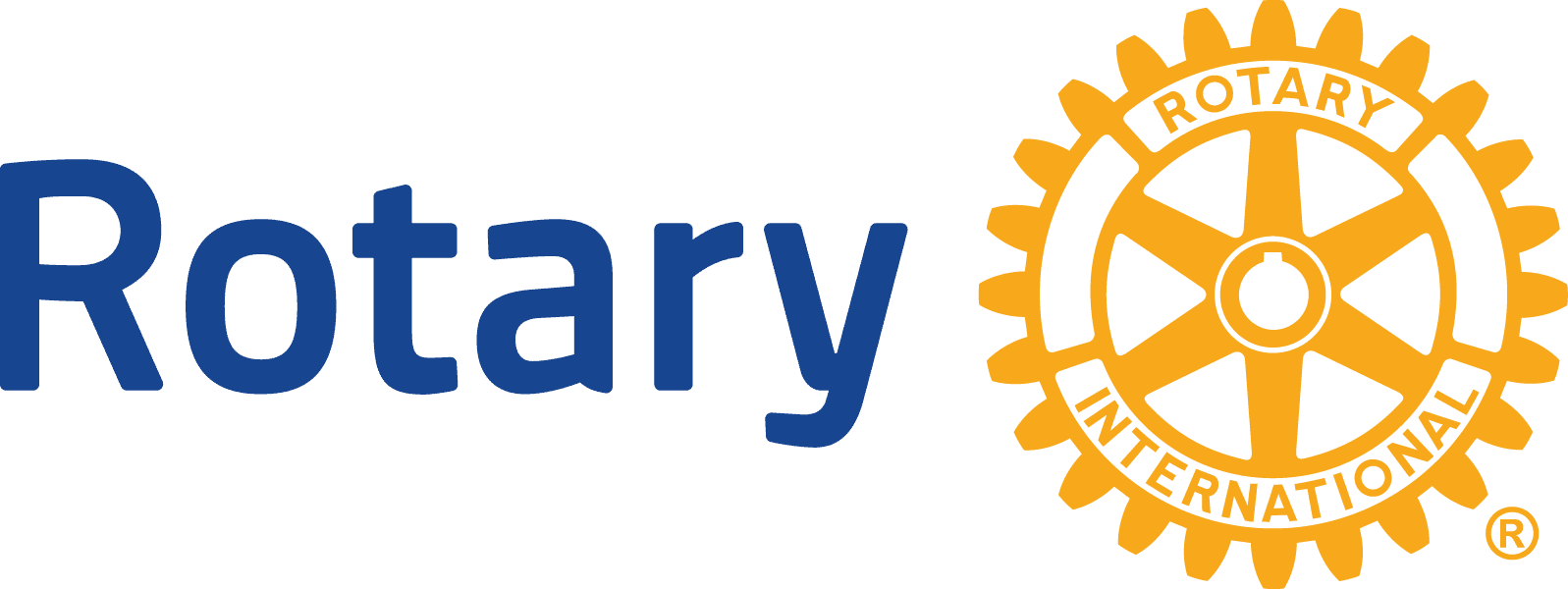Health News-Medicine 2.0: Increase Your Health Span
Health News: By Steve Miller
Medicine 2.0: Increase Your Health Span
Outlive, by Peter Attia, MD, changed my life. I want to share a few of the valuable insights I picked up.
The history of medicine can be broken down into Medicine 1.0, 2.0, and 3.0.
Medicine 1.0 originated in Hippocrates’ time and was largely observational. It became clear that good food was good medicine and movement of the body was beneficial. But much of the “medicine” of the day was wrong and some of it very dangerous.
Medicine 2.0 began in the mid-19th century with the introduction of germ theory and the resulting creation of antibiotics. It’s been a centuries long slog but today Medicine 2.0 has improved be very effective at combating fast death. In 2024 we don’t see many people dying of infections from broken limbs, tuberculosis, or any number of ailments that were fatal in prior centuries. Where Medicine 2.0 still falls short is preventing slow death.
Enter Medicine 3.0, which focuses on the science of longevity and health span. We don’t just want to live longer, but better for longer.
The book dives into the Four Horsemen of Death:
- Metabolic Disease
Obesity rates worldwide (and especially in the U.S.) are skyrocketing due to our diet, lifestyle choices, and a variety of other factors. Obesity leads to adverse health outcomes and contributes to many of the other horsemen. - Cardiovascular Disease
Pop quiz: what is the most common presentation of heart disease? Arm pain? Shortness of breath? Wrong. Sudden death is the correct answer. It’s the silent killer, often unknown and unseen until it’s too late. - Cancer
Our cells are supposed to duplicate so the body can repair itself. But when they mutate, and the body fails to destroy them we develop life threatening cancers. - Neurological Disease
Alzheimer’s, dementia, and other neurological disorders rob us of the presence of those we love.
The bright spot is that new science can provide us a roadmap on how to live a preventative lifestyle decades before these ailments develop.
The book is packed with good tips. A few that I’ve implemented in my life:
- Sleep really is as important as they say. If you’re not getting enough of REM and deep sleep your body and brain cannot repair damage which can have downstream effects on health and mental acuity.
- It’s not just that you exercise, it’s how you exercise and for how long. Every person of every age should be strength training multiple times per week. It builds bone density and retains muscle mass. Falls become dangerous later in life because muscle is not strong enough to arrest a fall before it happens and bone is brittle upon impact. It is also important to train your cardiovascular system multiple times a week. A good rule of thumb is to aim for 40 minutes of moderate level exercise at a pace you can maintain by nasal breathing only.
- Eat responsibly. I could write a whole book on this topic, but others have done it better.
And finally: community. Build a life full of family, friends, and Rotarians!
I haven’t done the book justice, so I highly recommend you pick it up yourself.
